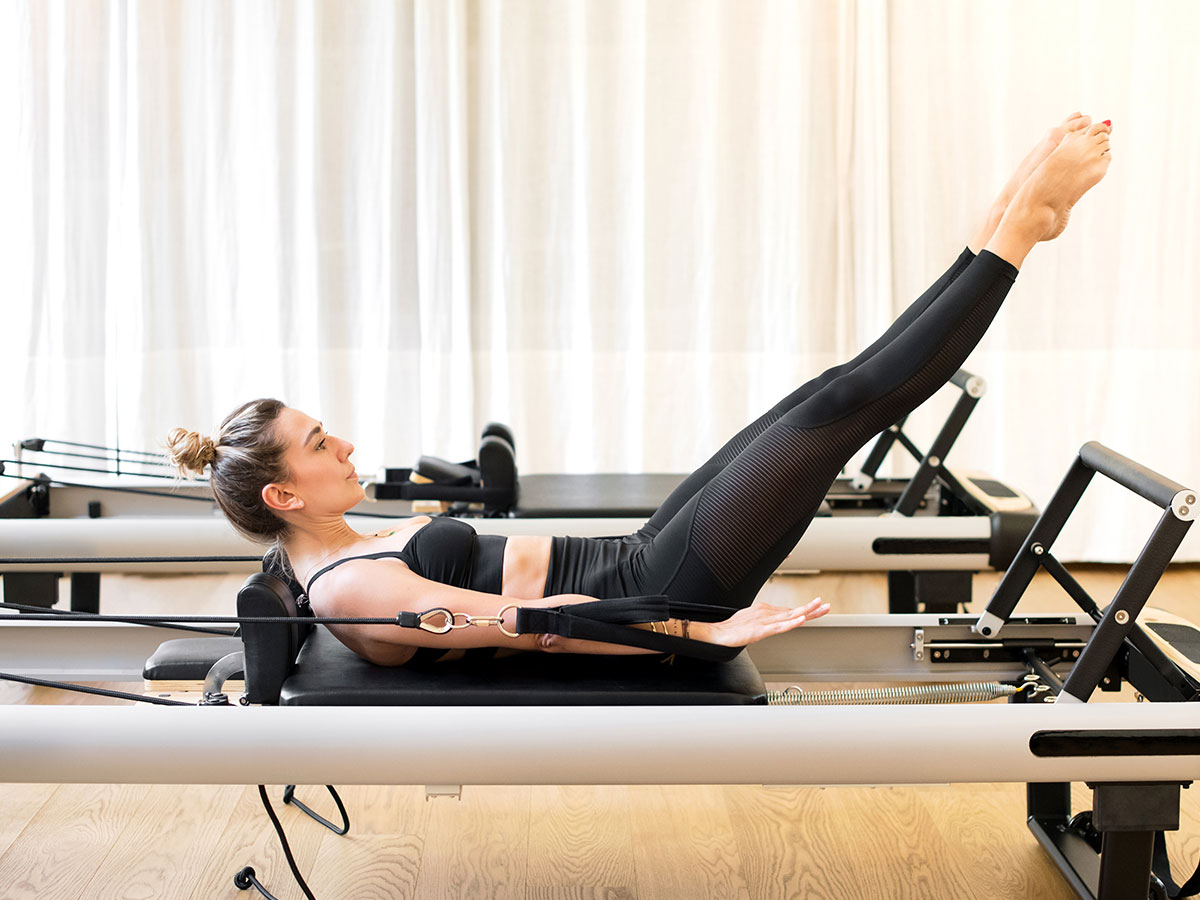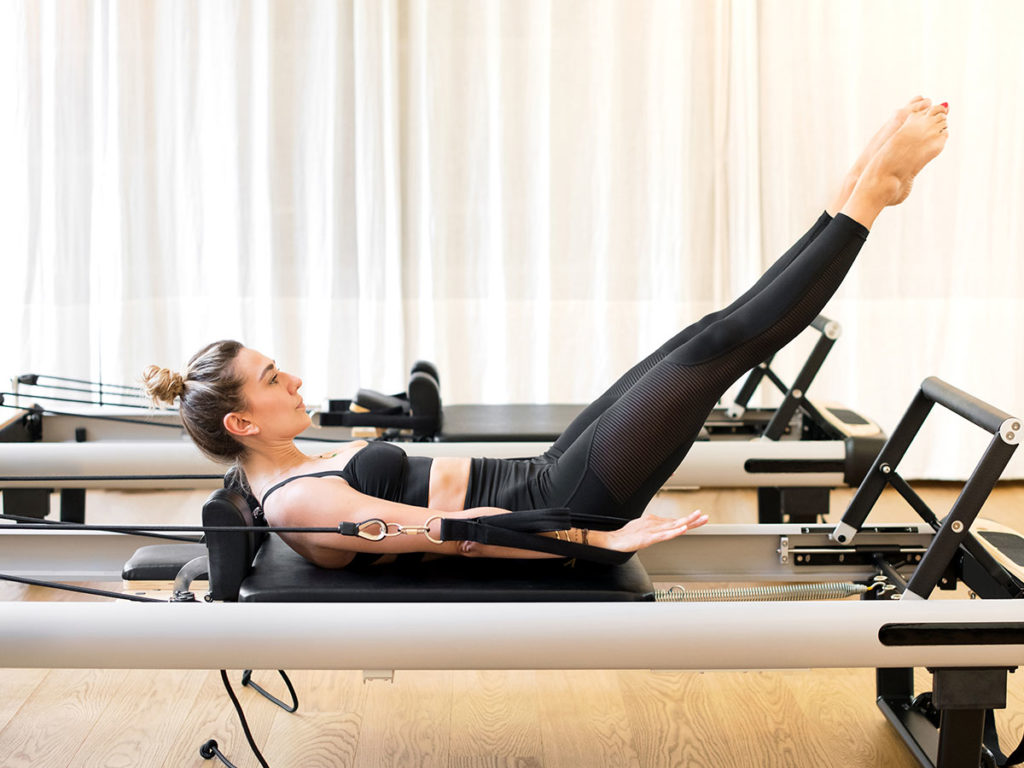

A key to any recovery and rehab program, whether from injury or surgery, is exercise.
Exercise helps you regain strength, movement and flexibility, enabling your body to get back to working efficiently by re-training specific muscle groups to work together at the right time as you move.
Clinical Pilates is a precise and purposeful type of exercise designed to optimise the healing and recovery process – in the way that’s right for your body, your symptoms and your goals. Clinical Pilates uses spring-loaded Pilates equipment and mats to challenge your body safely and effectively, carefully considering your injury and problem areas.
One primary focus of clinical Pilates is your deep abdominal muscles, often referred to as your core muscles. The core muscles help add stability and support to our torso, spine and pelvis all day, every day. Clinical Pilates can also address your overall posture, strength, flexibility, balance and breathing, and how these factors influence your body and movement.
Clinical Pilates is led by experienced physiotherapists
A crucial element to clinical Pilates and its role in optimising a person’s well-being is that all sessions, whether they’re group classes or one-on-one sessions, are led by experienced physiotherapists who have extensive knowledge about the body, injuries, rehabilitation and the intricacies of Pilates.
Before you can attend a clinical Pilates class, you undergo a musculoskeletal assessment with a physio to ensure that both you and your physio know exactly what’s happening with your body and which Pilates programs will work best for you – and which exercises to avoid altogether.
What’s the difference between clinical Pilates and regular Pilates?
In regular Pilates classes, a larger group follows the movements performed by the instructor, helping the body get some general exercise. The movements do not consider a person’s unique circumstances, injuries, weaknesses or goals.
Clinical Pilates sessions are tailored entirely to you, with your physio carefully and slowly guiding you through each technique, piece of equipment, and every breath. There’s no being left behind in a big class, struggling because what you’re doing doesn’t feel quite right, but there’s no one to help. Each movement is chosen specifically for you, ultimately working to help restore you to full function by improving your posture, strength, flexibility, balance and breathing. In the same way, putting your wellbeing first, you will never be asked to perform a movement that goes beyond what your body can safely handle, given the stage of recovery you’re at.
We find people quickly grow very comfortable and confident with the movements due to the guided nature of our clinical Pilates, understanding on a deeper level the benefits reaped by the body – and being able to feel and identify these benefits. It’s why clinical Pilates is highly enjoyed in our clinics across Australia.
Benefits of clinical Pilates include:
- Keeping the body moving and feeling well
- Improved deep abdominal and pelvic floor muscle tone
- Helping to manage low back and neck pain
- Overall body toning
- Improved posture
- Improved flexibility and balance
- Helping to manage stress
- Improved sporting performance
- It is a safe form of exercise during and after pregnancy
Can anyone do clinical Pilates – Do you have to have experience?
No, you don’t need experience. Almost anyone can reap the benefits of clinical Pilates and incorporate it into their rehab. Remember, as these sessions are uniquely prescribed and tailored by your physio, they will match your level of strength and ability, keeping you at a pace and level that is best for your body. This tends to build up gradually over time. Clinical Pilates works with you – you never get left behind.
What does clinical Pilates look like?
After your physio assessment, you’ll be prescribed a plan with specific movements. These may be done on the mat, a reformer machine, the trapeze table, the wunda chair – often a mix of these. As you perform the movements, your physio is right there alongside you, watching and helping your technique, and educating you about what you’re doing along the way. This can be done in one-on-one sessions or group sessions with a maximum of six people, all following their individual program, with careful attention by the physio taking the class.
Clinical Pilates is made to help you achieve your goals
Whether you’re recovering from childbirth or surgery, looking after your body in pregnancy, have pain or an injury, or want to perform your best in a sport or event, clinical Pilates is designed to help you achieve your goals – in the best way for your body.
